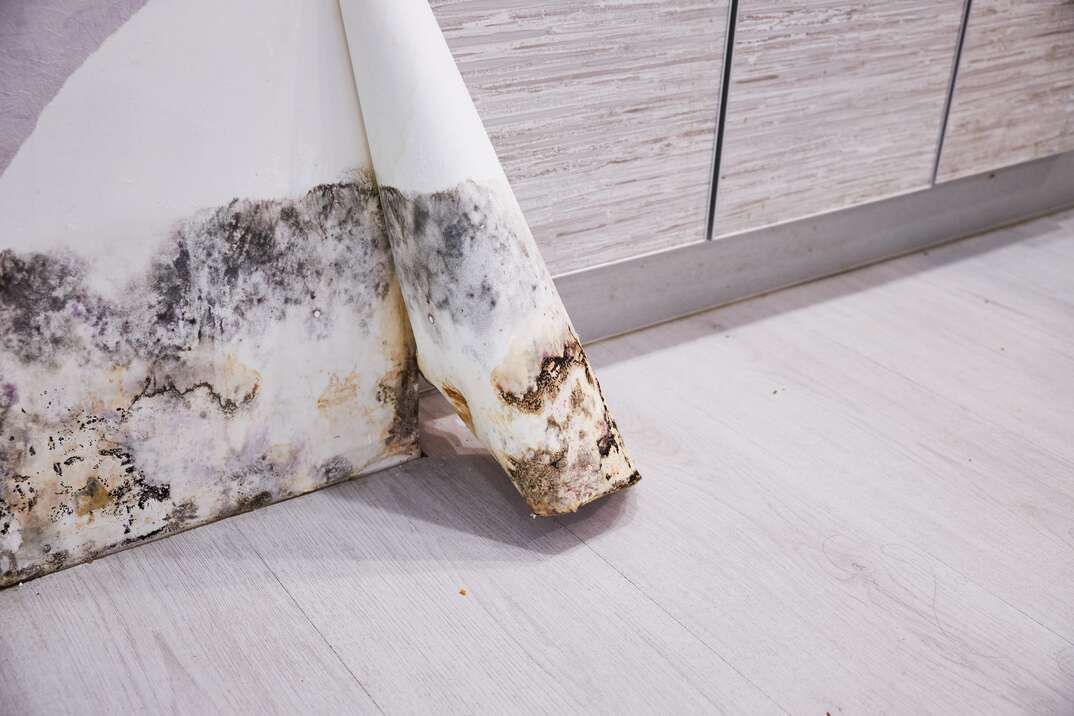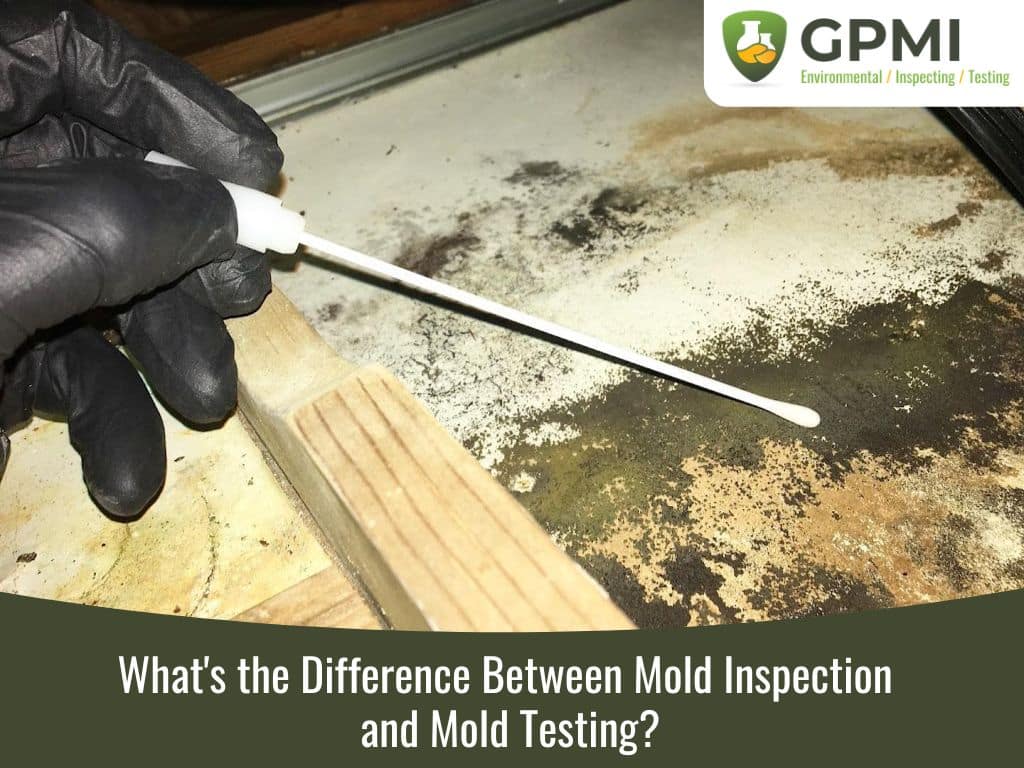Effective Blog Post Mold And Mildew Removal Solutions for Your Home
Mold development in homes can be a relentless concern, typically calling for a methodical technique for reliable post-remediation options. From understanding the elements that add to mold development to applying correct cleansing techniques and moisture control measures, the procedure can be intricate yet crucial for maintaining a healthy and balanced living environment. what to do after mold remediation.
Understanding Mold And Mildew Development Aspects
The key variable adding to mold and mildew development is moisture. Mold and mildew spores need wetness to sprout and grow, making damp or damp settings highly vulnerable to mold invasions.

In addition, airflow and light direct exposure can impact mold development. Locations that do not have correct ventilation and natural light are much more vulnerable to mold and mildew development. By attending to these aspects adequately, individuals can properly reduce mold and mildew development and secure their living atmospheres.
Appropriate Mold Cleansing Techniques
Making use of effective cleaning methods is crucial in preventing the reoccurrence and dealing with of mold and mildew contamination in interior environments. The initial action in appropriate mold cleansing is to contain the afflicted area to stop the spread of spores to uncontaminated locations.

Implementing Moisture Control Steps
To properly stop mold growth and contamination in indoor environments, carrying out dampness control steps is extremely important. Wetness is the main factor that gas mold and mildew growth, making it vital to take care of humidity levels within the home. One effective action is to make use of dehumidifiers to maintain indoor moisture levels below 60%. Furthermore, guaranteeing appropriate ventilation in locations susceptible to moisture build-up, such as bathrooms and kitchen areas, can help in reducing the danger of mold development. Consistently examining and fixing any kind of leaks in plumbing, roofing systems, or windows is also important in stopping excess moisture accumulation. Utilizing exhaust followers while food preparation or bathing, and permitting air flow by keeping furniture slightly away from wall surfaces can assist in dampness control. In addition, making use of moisture-resistant materials in high-humidity areas, such as mold-resistant drywall and paints, can be useful. By carefully implementing these moisture control procedures, homeowners can efficiently minimize the likelihood of mold recontamination and keep a healthy and balanced interior atmosphere.
Using Natural Removal Solutions
After successfully executing wetness control measures to stop mold growth in indoor settings, homeowners can now discover the performance of all-natural removal solutions in maintaining a healthy living room. All-natural removal solutions use eco friendly techniques to deal with mold and mildew, making them a prominent choice for those looking for non-toxic alternatives. By including these all-natural removal solutions right into their cleansing regimens, home owners can efficiently fight mold growth while promoting a much healthier interior environment for themselves and their families.

Preserving a Mold-Free Environment
On a regular basis examining areas prone to mold and mildew growth, such as bathrooms, cellars, attic rooms, and kitchen areas, is important. Appropriate ventilation in locations with high humidity levels is additionally vital Post Mold Remediation Report to stopping mold growth.
In addition, preserving cleanliness in the home is crucial for mold and mildew avoidance. Keeping indoor plants in check and making certain appropriate drain in outdoor landscape design can minimize wetness accumulation, reducing the likelihood of mold problems.
Final Thought
Finally, it is necessary to deal with mold development aspects, make use of proper cleaning techniques, carry out wetness control measures, use natural remediation services, and maintain a mold-free atmosphere in order to effectively handle post mold removal in your home - Post Mold Remediation Report. By following these techniques, you can protect against mold from recurring and make sure a healthy and balanced living setting for you and your family
The main element contributing to mold growth is wetness. Mold and mildew spores require dampness to sprout and prosper, making moist or wet environments extremely susceptible to mold and mildew infestations.To efficiently protect against mold and mildew growth and contamination in interior settings, implementing dampness control measures is vital. In addition, ensuring correct ventilation in areas vulnerable to moisture buildup, such as cooking areas and washrooms, can help lower the danger of mold growth.After successfully implementing moisture control measures to prevent mold and mildew development in indoor settings, house owners can now explore the performance of all-natural remediation options in keeping a healthy living space.
Comments on “Locating Post Remediation Inspection Near Me Solutions”